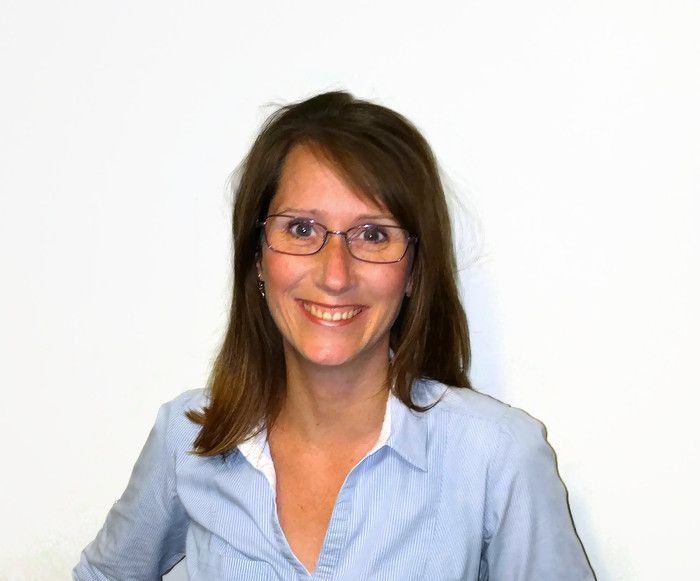What happens in the first session?
The first session is a chance to get to know each other, to make sure you feel comfortable with me, and for me to understand the problem you are bringing and how it began.
I will be asking questions to help me understand who you are and what is important to you.
Once all the information has been gathered we will make a decision together about the best course of treatment

What is the advantage in seeing a Clinical Psychologist?
A Clinical Psychologist has trained for a minimum of six years, completing two full time psychology degrees; an undergraduate BSc (Hons) and an applied Clinical Doctorate.
We complete a Doctorate degree whilst undertaking placements in the NHS. We complete six placements, six months each across the age range, mental health service and psychological conditions as well as specialise in a subject for our thesis.
This means we are trained to use multiple types of therapeutic approaches, for a vast range of difficulties and disorders, across the age ranges.
In addition, a Clinical Psychologist brings into therapy training in developmental disorders (i.e. ADHD, Aspergers), neuropsychology, personality, health psychology and family/ couple dynamics.
Upon completion, we are awarded the title of Doctor of Clinical Psychology.
The training is extremely rigorous and often involves extensive individual personal therapy alongside training; so we are aware of what it is like to be a client in therapy.
Training in multiple types of therapy means a Doctor of Psychology can tailor the approach to suit your needs, your age, personality, problem and goals.
We bring a unique perspective to therapy, gained from years of training and experience, and apply this knowledge to support you in becoming the best you can be.
Who can benefit from therapy?
Years of worldwide research has shown that psychological treatments are extremely effective.
No matter what your difficulty, everyone can benefit from therapy.
Therapy has also shown to enhance happiness, self esteem and increase performance, with many seeking to enter therapy in a bid to improve their general wellbeing.
What does treatment involve?
Treatment provides a safe, relaxed and confidential environment so you can feel comfortable to talk about sensitive personal problems.
I have a strong commitment to using only evidence based talking therapies and we may decide to have a plan on what to cover in what sessions.
For example for treatment of panic, we may have two sessions of psychoeducation, followed by three sessions of skills training.
Alternatively we may choose a therapy that is more free flowing as your goal is to speak about painful issues in your past. We may decide on a number of sessions in which to do this, or have a free space to allow you to choose yourself, each week, what you feel is most important to discuss.
Within these different approaches I always strive to bring the fundamental human characteristics of connection compassion, respect and support; as ultimately it is through a solid caring therapeutic relationship that healing takes place.
How long does treatment last?
The number of sessions needed varies from person to person, the problem and support required.
Generally, people find it useful to attend six to ten sessions, although some may need more or less time. Immediate, short-term interventions are available, as well as longer-term, ongoing therapy for more complex issues.
We decide on the treatment plan together according to your specific needs and circumstances. ultimately the number and frequency of appointments is completely up to you.
Some find it helpful to undertake a period of five sessions then come just once a month for a while, whereas others may just want three sessions then come back again two months later. In private practice the pace is completely up to you.
However its worth noting that in the early stages of therapy we need to meet at least twice a month (fortnightly) for therapy to be effective; with meeting once a week being the ideal.
Sessions last 50 minutes of talking, with 5-10 minutes at the end for payment and rebooking.
How much does a session cost?
Treatment costs £65 for Counselling (Debra), £70 for Clinical Psychotherapy/ EMDR (Helen) or £95 for Clinical Psychology or a Doctor of Counselling Psychology and £150 for the Clinical Director, Dr Abigail Pamich. This includes a 50 minute talking time plus 10 mins for admin tasks
We take payment for the first session advance over the phone via card. The following sessions are paid at the end of each session by cash or card.
What is the difference between a Psychologist and a Psychiatrist?
Psychiatrists have completed a medical degree and hold a biological and medicalised understanding of mental distress. Their treatment is mostly medication (i.e. antidepressants).
Clinical Psychologists have completed six years at university including a specialist three year degree wholly focussed on treating distress with therapy. They have learned to use multiple approaches of therapy and choose the best approach that suits their client.
Their understanding of distress considers a persons biology, psychology and social situations. Psychologists do not prescribe medication.
Psychologists focus on teaching people skills to manage psychological difficulties and resolving problems that caused the distress in the first place.
What does evidence based practice mean?
Evidence based practice (EVP) refers to psychological approaches that have been shown, through research, to be effective.
For example, studies show Cognitive Behaviour Therapy (CBT) can be as effective as medication for individuals suffering from depression.
Guidelines stipulate that Clinical Psychologists should use the approach that has been shown to be most effective with each particular difficulty.
What is your privacy policy?
Our privacy policy is in accordance with the guidelines set out by Health and Care Professions Council HCPC and GDPR with regard to storage of your personal information.
All information remains strictly confidential unless we are required by law to disclose information. For example, this could be because you or someone close to you is at risk of harm. If this occurs then a third person (i.e. GP) will need to be informed.
As with all Clinicians if we suspect a child is at risk of harm, or a vulnerable adult, then we have to make a mandatory report to the relevant safeguarding team.
All notes taken are securely and confidentially stored. All notes on the PC are password protected. The full privacy policy is sent in a link on the Confirmation Email when a booking is made.


